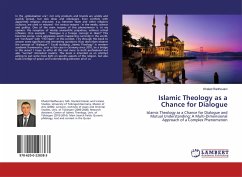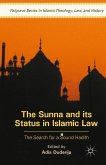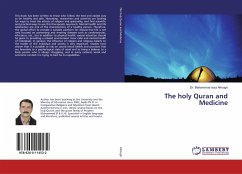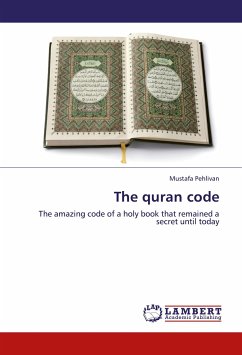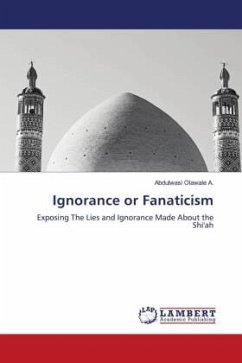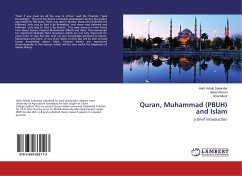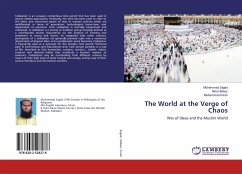In the "globalisation era", not only products and brands are widely and quickly spread, but also ideas and ideologies. Even conflicts with apparently religious character, e.g. between Islam and other religions /cultures, are used or misused - for various reasons - in the media, science and politics. One of the main reasons of this phenomenon is -in my opinion- the reception of mostly unscientific prejudices, without critical reflexion. One example : "Dialogue is a foreign concept in Islam!" This becomes worse, once aggressive events happening currently in the world- are "confused" with "The Islam". In this context, I try through this book to answer some significant and interesting questions: How does Islam observe the concept of "dialogue"? Could studying "Islamic Theology" in western academic frameworks, such as the case in Germany since 2010, be a bridge in this sense? I hope to offer all this and more to both professional but also "normal" interested readers. This book is intended as an attempt aiming to put some more light on specific aspects of this religion, but also build a bridge of peace und understanding between all of us.
Bitte wählen Sie Ihr Anliegen aus.
Rechnungen
Retourenschein anfordern
Bestellstatus
Storno

